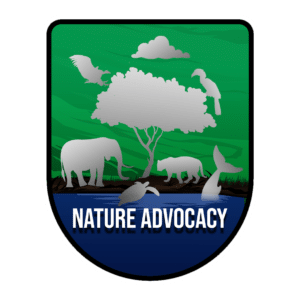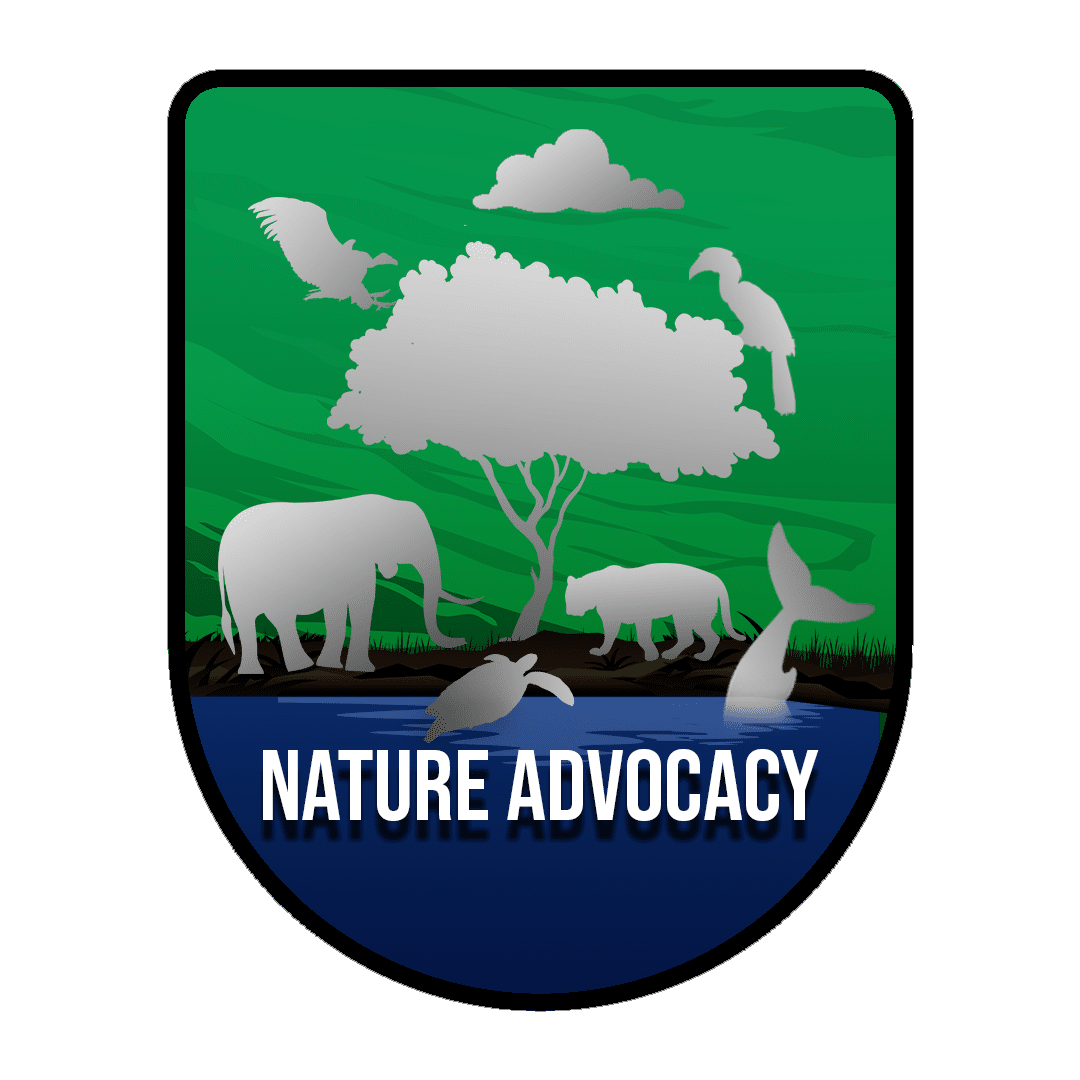
Nature Advocacy is a volunteer-led environmental activist group currently advocating for protecting critically endangered Irrawaddy dolphins and freshwater ecosystems in Myanmar. We ran a big media campaign in collaboration with WWF, FFI, BANCA and other local NGOs and received widespread media coverage.
The results were spectacular with more than a million reach from our facebook pages alone with overwhelmingly positive reaction from the public.
Not only this, we have uncovered that the “Cooperative Fishing” culture between Irrawaddy Dolphins and the local fishermen is a unique cultural heritage of Myanmar and can be applied as “Intangible Cultural Heritage” status from UNESCO. Initially, the dolphins were thought of as “big catches” and the dolphin meat is still consumed in Myanmar even to this day. But our idea to “rebrand” the dolphin as “National cultural heritage” was well-received among the animal lovers and celebrities alike and perception towards the dolphins have changed drastically in just a few months time.
Meanwhile, we have collected more than 20,000 signatures from Myanmar citizens as of now to send a petition directly to the State Counsellor, Aung San Suu Kyi of Myanmar to impose stricter laws on illegal fishing activities and to apply for UNESCO heritage status.
WWF has featured us as the “Planet Heroes” for our work on dolphin conservation. And our idea to use positive “brand association” to change perception towards Irrawaddy dolphins is also recognized and featured as an novel idea by the Oxford University, Department of Zoology’s Wildlife Conservation Research Unit (WildCRU).
The most important thing is that we have achieved all these with a meager funding of approximately $100 USD of funding. Moreover, all the core members of Nature Advocacy are either media professionals, marketing experts, graphic designers, or other nature enthusiasts. None of us are established field conservationists but we have shown our passion and effort to convince and recruit experts from iNGOs to serve as our advisors voluntarily in their free time, and combine ideas from various fields to forge an effective conservation strategy that can be executed from home during strict Covid-10 related lock-down measures.
To conclude, we would like to inspire all the young people all over the world that conservation is a shared responsibility and that educational background, lack of funds ,or access to the field should not be the barriers from conducting an impactful conservative action. And we believe that our work embodies the spirit of Conservationnow by bring conservation to all members of the public to include their voice, and their contribution (from home) to the national conservation policy making.

